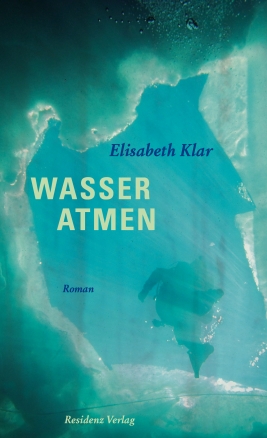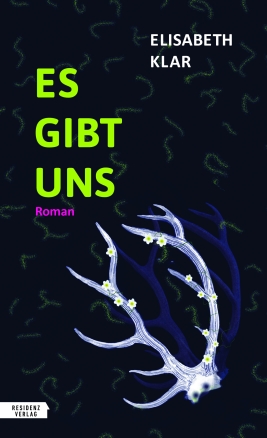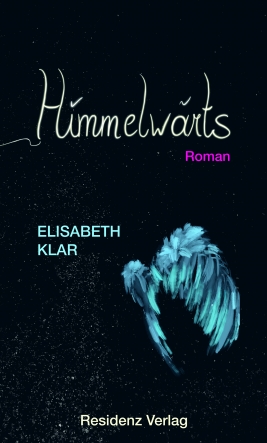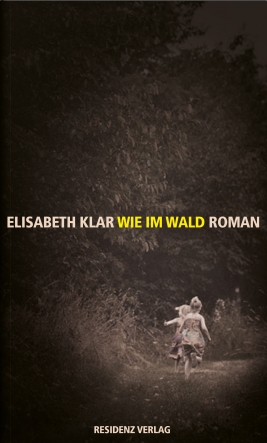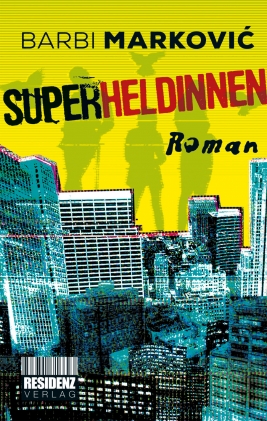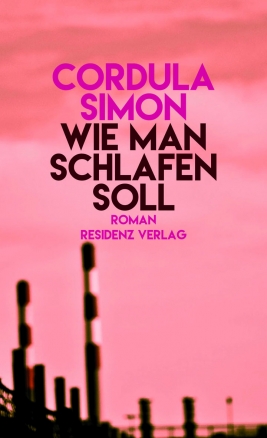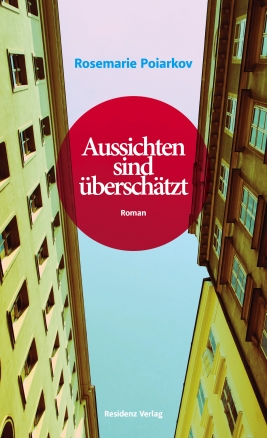Psychische Prozesse so verstörend darzustellen, wie sie sind, ohne in Deutung und Erklärung zu flüchten, ist eine der Meisterleistungen dieses Romans, der zum sprachlich Eigenwilligsten und Unverwechselbarsten gehört, was die österreichische Prosa der letzten Jahre hervorgebracht hat.
[Quelle: Cornelius Hell, Ö1 EX LIBRIS]
Was „Wasser atmen“ zu einer spannenden Lektüre macht, sind aber vor allem die Metaphernketten, entlang derer sich die Handlung aufspannt.
[Quelle: Evelyn Polt-Heinzl, LITERATUR UND KRITIK]
Elisabeth Klar lässt es die LeserInnen selbst herausfinden in ihrem faszinierend bilderreichen und anspruchsvollen Roman über die komplexe und widersprüchliche Innenwelt zweier moderner junger Frauen, deren größte Herausforderung im Leben einzig und allein eines ist: das Leben selbst.
[Quelle: Eva Unterhuber, BIBLIOTHEKSNACHRICHTEN]
Eine bildmächtige Geschichte über Rückzugsorte und die Angst, von der Welt überwältigt zu werden.
[Quelle: Julia Kospach, WELT DER FRAU]
„Wasser atmen“ ist ein langer und intensiver Roman, dem es meistens gelingt, seine Intensität auf weite Strecken aufrecht zu halten. Detailversessen genau liefert er Psychominiaturen, bis in den Halbschlaf und den Traum vordringende Bewusstseinsprotokolle, haarfeine Kommunikations- und Verhaltensbeobachtungen.
[Quelle: Helmut Gollner, FALTER]
Durch Umbenennungen und minimale Drehungen ins Fiktionale erschafft Klar eine wirklichkeitsnahe Atmosphäre am Südpol, die bei der Lektüre sinnlich fassbar, vor allem hörbar wird und verschiedene Geräusch-, Klang- und Lärmeindrücke nachempfinden lässt, etwa wenn das umgebende Eis sich regt, reißt und bricht. Und man meint lesend auf einmal zu fühlen, wie heftig Kälte beißt, oder spürt jene zunehmende Enge, wenn der Schnee drückt, der unaufhaltsam alles unter sich begräbt.
[Quelle: Monika Vasik, PRESSE]
Die ruhig dahinfließende Sprache, das sanfte Klingen des Textes bewirkt einen fast zeitlosen Moment des Innehaltens, durch den die Figuren deutlich, fast eindringlich formulieren, so deutlich, also ob dies alles unter Wasser passieren würde, wo alles lauter, kraftvoller, näher klingt.
[Quelle: Eva Maria Stöckler, LITERATURHAUS.AT]
… ein spannungsgeladenes Psychogramm.
[Quelle: Imogena Doderer, ORF ZiB]
Herausragend ist, wie die akustische Umwelt in die Geschichte und in die fiktiven, komplexen Porträts einfließt. Der Roman knistert wie das brechende, nur vermeintlich und zugeschriebene ewige Eis.
[Quelle: Maria Motter, FM4]
Das Buch führt die Leser unter Wasser und in die Antarktis, lässt tief eintauchen in die eigentümliche Welt der natürlichen Geräusche und Klänge und macht mit elaborierten japanischen Kampfkunsttechniken bekannt.
[Quelle: Wolfgang Huber-Lang, APA]
Elisabeth Klar ist eine Meisterin personalen Erzählens.
[Quelle: Gerhard Zeillinger, DER STANDARD]
Elisabeth Klar verfügt über ungeheure erzählerische Kraft, die Ängste ihrer Figuren und die Sehnsucht nach Auflösung wird fast körperlich spürbar.
[Quelle: Oliver Herzig, XING]
Sensibel und eindrucksvoll sanft liest sich Elisabeth Klars neuer Roman „Wasser atmen“, als hätte sich der schwere Mantel des Meeres darüber gelegt. Wunderschön erschienen die Bilder im Kopf.
[Quelle: KRONEN ZEITUNG]
Berührend und empfehlenswert.
[Quelle: Rouven Hans, EKZ]
Mit starken Bildern und Metaphern erzählt Elisabeth Klar vom Innenleben von Erika und Judith. (…) Es geht um das Hören, das Hinhören, Zuhören, auch wenn es schmerzhaft ist. Der Roman besticht durch seine berührende, bildhafte und metaphernreiche Sprache.
[Quelle: Rudolf Klaus, BÜCHERSCHAU]
Dieses Buch ist verstörend und faszinierend zugleich, die entstehenden Bilder brennen sich beim Lesen ein und beunruhigen den Leser zutiefst. Der Autorin gelingt es, Diffuses darzustellen und die latente Bedrohung in unseren Leben zu thematisieren. Dieses, im positiven Sinne unbequeme, Buch gehört definitiv gelesen!
[Quelle: BOOK REVIEWS]
In einer metaphernreichen Sprache, mit fast hörbaren Beschreibungen der Bewegungen des Polareises, des Wassers in jeder Form, zieht der Roman in den Bann.
[Quelle: Margret Lammert, WEIBERDIWAN]
